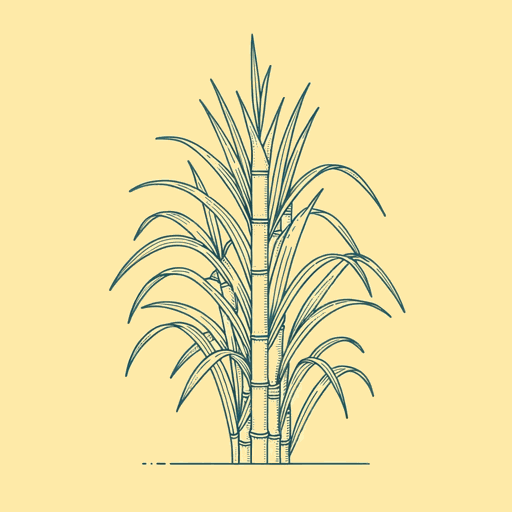59 pages • 1 hour read
Nancy Scheper-HughesDeath Without Weeping
Nonfiction | Book | Adult | Published in 1992A modern alternative to SparkNotes and CliffsNotes, SuperSummary offers high-quality Study Guides with detailed chapter summaries and analysis of major themes, characters, and more.
Important Quotes
"It was this confrontation with sickness, hunger and death (especially child death) that most assaulted the sensibilities and the conscience of a comfortable-enough outsider and that shaped first my community development work and, many years later, my anthropological research. In the early conversations with Alto women in their homes and in the first open and chaotic meetings of the shantytown association held in various 'public' houses on the Alto (in the little barracas, or dry goods shops, that served the hill and in the homes that also served as terrieros, centers for the practice of Afro-Brazilian possession religion), the idea for a permanent meeting center, and for a creche, a cooperative day nursery for the vulnerable babies of working mothers, was born."
(Introduction, Pages 10-11)
This quote illustrates the author's original shock and anxiety at the level of suffering in Alto, and her response to it. Between the two periods―first as an aid worker and then as an anthropologist―the author's perspective develops in significant ways; the significance of this development can be understood from the terms "sensibilities" and "conscience," as well as the emotive word "assault."Although profoundly affected by the suffering taking place in Alto, the author would return to better understand its origins and expressions. However, this understanding was still coupled with her original desire from her days as an aid-worker introducing at least some positive change.
“The social, political, agrarian, and health problems of the Northeast extend back to the earliest days of colonization, when the complex formed by the interactions of latifúndio, monocultura, and paternalismo was first established (see Freyre 1986a). I am referring to the consolidation of landholdings into large plantations dominated by a single export crop (sugar, cotton, or coffee) at the expense of diversified and subsistence farming and to the cultivation in exploited rural workers of a humbling set of economic and psychosocial dependencies on their essentially feudal landlords, lords, in the truest sense of the term.”
(Chapter 1, Page 32)
This quote outlines the main economic and social argument of the book. The author wishes to illustrate how the nature of the suffering and misery of the Brazilian Northeast can be decisively tied to the large-scale production of sugar cane. The idea is that the effects of this exploitative dependency on the population are broad in scope, affecting minds as well as bodies.
“As both a woman worker and a clandestina, Biu is doubly exploited. At forty-four, following some fifteen pregnancies, she is no longer physically strong. She is slight of build and severely anemic. It is rare that she can complete the agreed-on work in exchange for her negotiated wage. Often, Biu brings her nine-year old son along with her to supplement her productivity. Yet she does not blame her boss for the minuscule wages she brings home at the end of the week (often only about five dollars). 'I'm finished, washed up,' she explains, without a trace of self-pity. 'My body's not worth anything.'”
(Chapter 1, Page 53)
This quotation describes the grinding misery faced by an undocumented female worker. The double exploitation Biu faces is indicative of the impossible position women in this region face.

